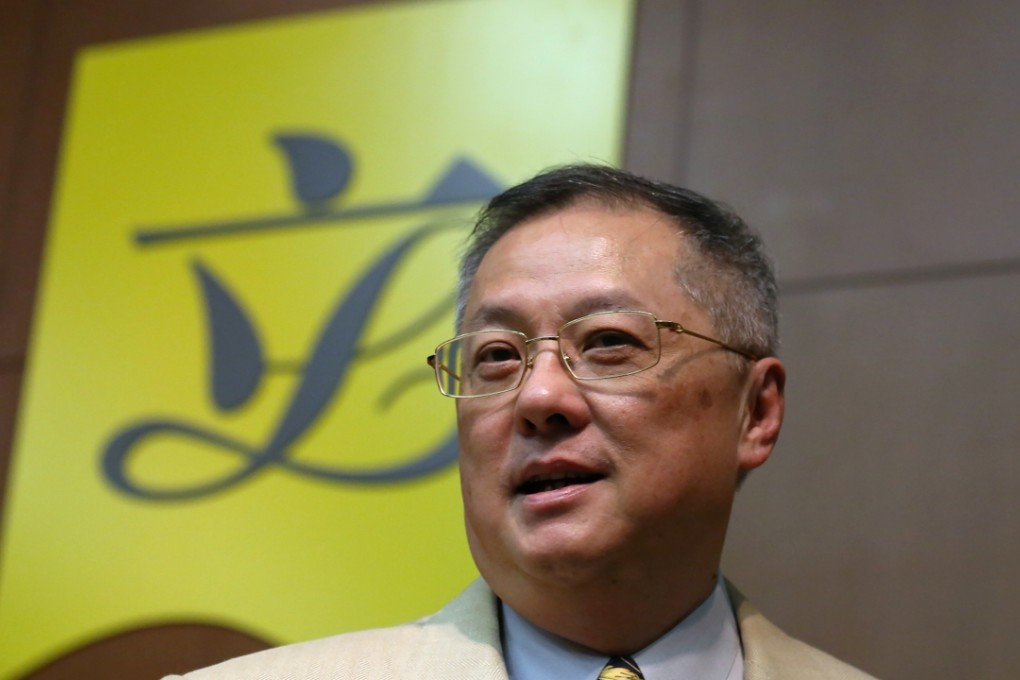Hong Kong Medical Council reform may be a bitter pill for doctors to swallow, but it’s a necessary remedy
Mike Rowse says the arguments against increasing the number of lay members, and looking at bringing in doctors who were trained abroad, don’t hold water


So, naturally, when the subject of reform of the Medical Council was discussed on a radio show I co-host every week on RTHK, I came into it from an angle basically supportive of the doctors. But, after a thorough debate on the matter, I realised the story is not so simple.
READ MORE: Hong Kong doctors threaten strike if government pushes reform plan for medical watchdog
There are presently 28 members of the council, 14 elected and 14 appointed by the chief executive. All those who are elected are doctors; seven of them are members of the Medical Association (in essence, the doctors trade union) and the other seven are members of the profession who are not in the association. A private members bill – put forward by Tommy Cheung Yu-yan from the catering functional constituency – which the government has decided to support, proposes to add four more lay members to the council.
At first sight, that seems unfair to the doctors as it upsets the balance between elected and appointed members and, indeed, the Medical Association representative claimed this would undermine professional autonomy.
Even if the proposed changes go through, this will not put lay members in charge of professional standards
But, on closer inspection, it turns out that no fewer than 10 of the 14 appointed members are themselves doctors, and the chief executive does not actually get to choose them. Five organisations each have the right to nominate two people. The five are the University of Hong Kong and Chinese University (which each have a medical faculty), the Hospital Authority, Academy of Medicine and the Department of Health. The key point here is that all 10 must be doctors. Therefore, even if the proposed changes go through, this will not put lay members in charge of professional standards, it will simply alter the current ratio of 6:1 to 3:1, with medical personnel still very much in the majority.